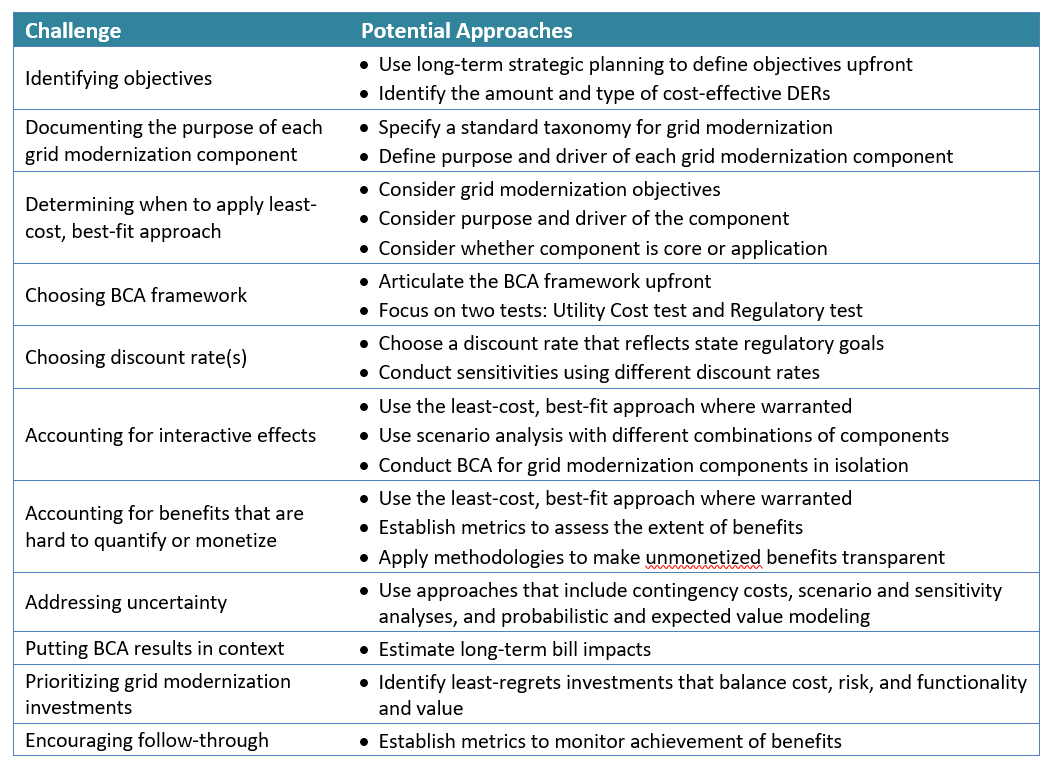
Grid Reliability: Ensuring Stable and Resilient Power Supply
Grid reliability is a cornerstone of a stable and resilient energy infrastructure, playing a crucial role in meeting the growing demand for electricity. Explore the significance of grid reliability and how advancements in renewable energy technologies contribute to a more dependable power supply.
The Foundation of Modern Living: Grid Reliability
In our modern, interconnected world, reliable access to electricity is fundamental. Grid reliability refers to the ability of the power grid to deliver a stable and consistent supply of electricity to homes, businesses, and industries. This reliability is essential for everyday activities, economic productivity, and the overall functioning of society.
Challenges to Grid Reliability
Despite its importance, grid reliability faces various challenges. Aging infrastructure, extreme weather events, and increased electricity demand can strain the grid, leading to disruptions. The centralized nature of traditional power grids also makes them susceptible to single points of failure. Addressing these challenges is crucial for maintaining a reliable energy supply.
Renewable Energy Integration: A Solution for Grid Reliability
Advancements in renewable energy technologies, particularly solar and wind power, present a solution to enhance grid reliability. Unlike traditional fossil fuel-based power generation, renewable energy sources are distributed and can be integrated into the existing grid or operate independently, reducing the vulnerability to centralized failures.
Intermittency and Energy Storage Solutions
The intermittent nature of some renewable energy sources, such as solar and wind, poses a challenge to grid reliability. However, innovative energy storage solutions, like advanced batteries, play a key role in mitigating this intermittency. Energy storage allows excess energy generated during peak times to be stored and used during periods of low renewable energy production.
Decentralized Power Generation for Resilience
Decentralized power generation, enabled by distributed renewable energy sources, enhances grid reliability. Homes and businesses equipped with solar panels or wind turbines contribute to the overall stability of the grid. In the event of a localized outage or disruption, decentralized power generation ensures that essential services can continue to operate independently.
Smart Grid Technologies for Real-time Monitoring
Smart grid technologies introduce a new level of real-time monitoring and control to enhance grid reliability. These technologies enable utilities to monitor the grid’s performance, identify potential issues, and respond proactively to prevent or minimize disruptions. Smart grids also facilitate better integration of renewable energy sources and improve overall grid efficiency.
Microgrids: Localized Solutions for Enhanced Reliability
Microgrids offer localized solutions for grid reliability, particularly in areas prone to frequent outages or those with limited grid access. These self-contained energy systems can operate independently or connect to the main grid. Incorporating renewable energy sources and energy storage, microgrids provide resilience and ensure a reliable power supply for specific communities or facilities.
Government Initiatives and Grid Resilience
Governments worldwide recognize the importance of grid reliability and often implement initiatives to enhance resilience. Investments in modernizing infrastructure, incentivizing renewable energy adoption, and promoting energy storage technologies contribute to building a more resilient and reliable power grid.
Grid Reliability Benefit and the Transition to a Sustainable Future
The concept of grid reliability benefit extends beyond ensuring a stable power supply. It aligns with the broader goals of transitioning to a sustainable energy future. By incorporating renewable energy sources, energy storage, and smart technologies, grid reliability benefit becomes a cornerstone of a resilient, low-carbon energy infrastructure.
Exploring Grid Reliability Benefit at SolarHelp.info
To delve deeper into the concept of Grid Reliability Benefit and its role in ensuring stable and resilient power supply, visit SolarHelp.info. Discover how advancements in renewable energy technologies contribute to the reliability of the grid and play a pivotal role in shaping the future of sustainable energy.



